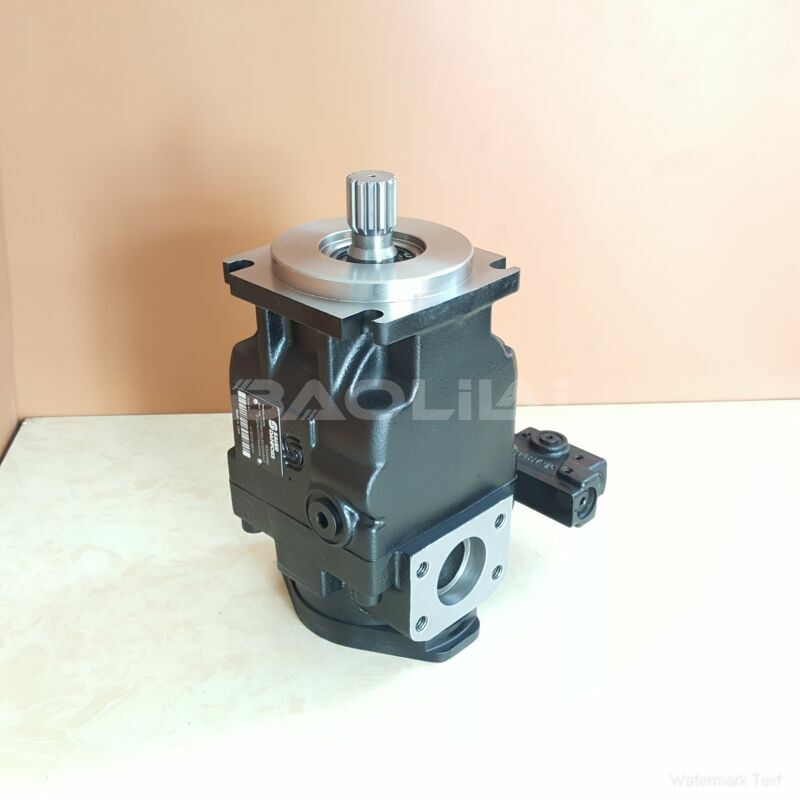JRRS45BLS2120NNN3C3NHA9NNNNJJJNNN piston pump
JRRS45BLS2120NNN3C3NHA9NNNNJJJNNN piston pump

- Product Details
- Applicable Scene
Water treatment plants play a crucial role in ensuring the safety and quality of water supplied to communities. One essential component of these facilities is chemical dosing, which involves the precise injection of various chemicals to purify water and meet regulatory standards. Among the range of equipment used for this purpose, plunger pumps stand out due to their reliability, efficiency, and accuracy.
JR-R-S45B-LS-21-20-NN-N-3-C3NH-A9N-NNN-JJJ-NNN
JRRS45BLS2120NNN3C3NHA9NNNNJJJNNN
Plunger pumps operate on the principle of positive displacement, where a plunger moves back and forth within a cylinder, creating a vacuum that draws in a specific volume of liquid. As the plunger moves forward, it expels the liquid at a controlled rate, making it an ideal solution for chemical dosing applications requiring precision.

83030880
One of the primary advantages of plunger pumps in water treatment is their ability to handle a wide range of chemical types, including caustic soda, chlorine, coagulants, and pH adjusters. These pumps are constructed from durable materials such as stainless steel or high-grade plastics, allowing them to resist corrosion and wear from harsh chemicals. This durability is essential in maintaining the longevity of the pumps and reducing the frequency of maintenance and replacements.
The accuracy of plunger pumps is another significant benefit. In the water treatment process, it is vital to dose chemicals with precision to achieve the desired results without overdosing, which can lead to increased operational costs and potential environmental harm. Plunger pumps can deliver consistent flow rates, enabling operators to fine-tune the chemical dosing to adapt to changing water quality conditions.





